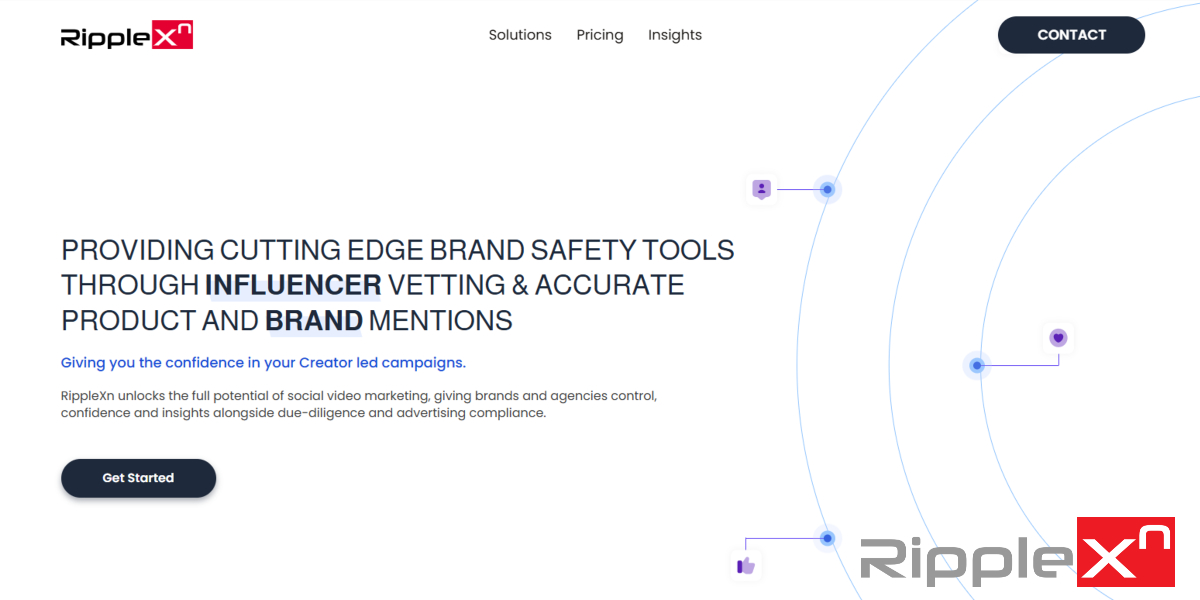In the fast-evolving landscape of digital marketing, influencer collaborations have emerged as a crucial strategy for brands aiming to reach and engage target audiences with authenticity.
However, the allure of influencer marketing is not without its complexities. As brand-influencer partnerships become increasingly sophisticated, the need for well-structured contracts has never been more critical. These agreements serve as a foundational pillar in ensuring that both parties are aligned on expectations and responsibilities while safeguarding against potential pitfalls.
Navigating the intricacies of brand-influencer contracts involves understanding essential elements such as advertising compliance and campaign brief criteria. From pre-selection considerations to post-campaign evaluations, each stage demands meticulous attention to detail.
Contractual checks are vital not only for protecting brand integrity but also for empowering influencers to deliver content that resonates genuinely with their followers.
A contract (and its enforcement), gives confidence to all stakeholder both internally and externally.
Key components of an creator marketing contract
-
Scope of work: The contract should clearly define the specific tasks the influencer is expected to perform. This includes details about the content format (e.g., posts, videos, stories), the platforms where content will be published, the number of deliverables, and the overall campaign timeline. This section ensures both parties have a shared understanding of the project's scope and prevents ambiguity about what's expected.
-
Payment terms: The agreement must explicitly state how the influencer will be compensated for their work. This includes:
-
The total payment amount.
-
Payment schedule (e.g., upfront, milestones, upon completion).
-
Whether payment is tied to specific performance metrics (e.g., reach, engagement).
-
Details about expenses covered by the brand.
-
Compliance with local tax laws (which can vary significantly between jurisdictions).
-
And, importantly, if terms are not met, what will happen.
-
Intellectual Property rights: A critical aspect of the contract is outlining who owns the rights to the content created by the influencer.
-
If the brand desires full ownership, the contract needs to explicitly state the transfer of copyright.
-
If not, the influencer retains ownership, granting the brand a license to use the content.
-
The license should specify the duration of use, geographical restrictions, permitted platforms, and whether the brand can modify the content.
-
It's important to address "moral rights," particularly in Europe, where the influencer may retain the right to be credited even if copyright is transferred.
-
Content approval process: To maintain brand consistency and legal compliance, the contract should establish a clear content approval process. This includes:
-
Whether the brand has the right to review and approve content drafts before publication.
-
Time frames, go live and key dates incase of issue.
-
Timelines for feedback and revisions.
-
Guidelines on tone, messaging, and legal compliance (e.g., FTC disclosure requirements).
-
Exclusivity and non-compete clauses: Brands often want to ensure the influencer doesn't promote competing brands during the campaign period.
-
Exclusivity clauses can restrict the influencer from working with direct competitors for a defined period, or for a period after.
-
Non-compete agreements, while legally complex and potentially unenforceable in some jurisdictions, can limit the influencer's ability to work in a specific niche for a certain duration.
-
Termination and dispute resolution: The contract should outline the conditions under which either party can terminate the agreement. It should also specify:
-
Procedures for handling disputes (e.g., mediation, arbitration, litigation).
-
The jurisdiction where disputes will be resolved.
-
Data privacy and confidentiality: Particularly relevant in the EU, with its stringent GDPR regulations, the contract must address data privacy and confidentiality. This includes:
-
How personal data collected during the campaign will be used and protected.
-
Ensuring compliance with COPPA in the US when working with influencers under 13.
-
Obligations regarding the confidentiality of sensitive brand information.
-
Morality clause: This clause allows the brand to terminate the contract if the influencer engages in behavior or creates content that harms the brand's reputation.
-
RippleXn suggests that the planning teams should have done thorough background checks and vetting. This should avoid choosing the wrong partner. However, it is always recommended to monitor during and even after the campaign.
-
Additional considerations for specific industries: Campaigns in highly regulated industries (e.g., pharmaceuticals, finance, alcohol) require extra attention to comply with specific advertising laws.
A well-drafted contract, addressing all these elements, provides a strong foundation for a successful brand-influencer collaboration, fostering transparency, trust, and mutual benefit while minimizing legal risks.
Final thoughts
Preparation is key. Ensuring all your stakeholder and organizational needs are clear, measurable and checked will give you the confidence to scale and achieve. A clear and pragmatic contract is what quality creators will be expecting. Clear expectations are generally best for all concerned.
Talk to the RippleXn team if you wish to upgrade your vetting and monitoring services for your next social video campaigns.






